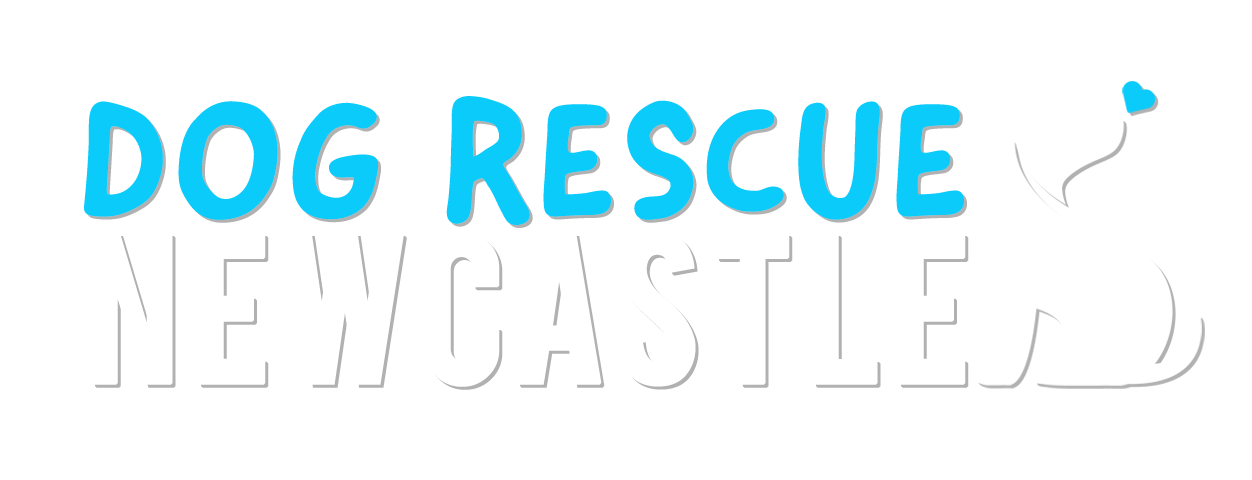How Do Dogs Learn Quickly? Try Positive Reinforcement Training
DO THIS REX, DO THAT! .. COME ON REX…. WHY AREN’T YOU LISTENING TO ME?Have you witnessed this training approach before? The one where someone shouts, intimidates, and forcibly makes a dog do a task. Have you noticed that a lot of the time the dog unwillingly does the order requested of them? They aren’t excited or joyfully completing the task, they seem pressured and distressed. Dog’s LOVE training, listening, and obeying their owner. Positively training your pooch will build your relationship with him, encourages your dog to repeat behaviours that you like, increases appropriate response to verbal cues, builds your dog's confidence and importantly, your pooch will be happier, less anxious and more social. How A Dog Learns:
Dog’s typically learn things in two ways – 1. The A – B Approach
This technique is known as Classical Condition, in which a dog comprehends a sequence of events. The dog then reacts to his observations which have become a frequent ongoing pattern. Example:
• Owner picks up lead -> walk.• Rustling of dog food -> dinner. • Owner picks up keys -> hours of loneliness and boredom. Note, we can use this principle to change an established association. To changea bad or frightened reaction into a good reaction, follow it by something good!Examples:
• Owner picks up keys -> Dog gets a stuffed kong or favourite toys.• A big scary dog appears while walking on lead -> Dog get lots of treats. This is also why we say the verbal cue before the hand signal.2. Dogs learn they can make something happen
This way of learning is known as Operant Conditioning, evidently a dog thinks, when I do something, something else happens. • I sit when my guardian comes in the door -> she gives me back scratches.• I keep the lead loose when we're walking -> we continue walking.• I pull on the lead -> my guardian stops walking.• I scratch on someone's knee while they're eating -> they feed me.By understanding the way, a dog learns we can intern discover ourselves how to appropriately communicate to our pooch (while training). If your dog is anxious, punishment will make the anxiety worse. Punishment also fails to teach your dog how you want it to behave and can ruin your dog’s trust in you and other people. Therefore, understanding your dog and positively communicating with your pooch can develop a healthy bond between dog and owner, reduce anxiety and makes training FUN!Dog Training Newcastle states:
Behaviour which is rewarded will be repeated.(so be sure to reward the behaviours you like)Behaviour which is not rewarded will fade away.(ignore, manage or replace the behaviours you don't like)Be careful what you reward and what you ignore. Too often we ignore desired behaviour (dog resting calmly) and reward undesired behaviour with attention (dog jumping around).


